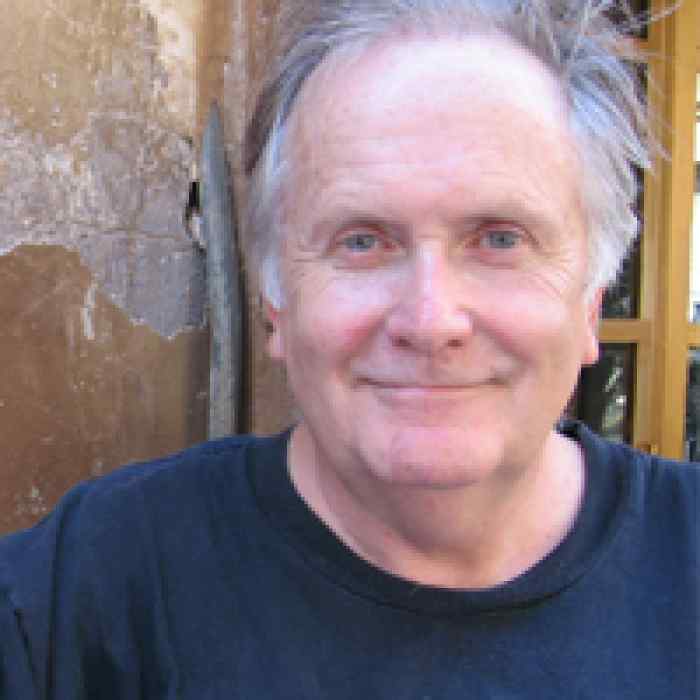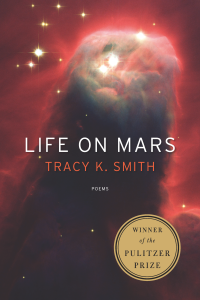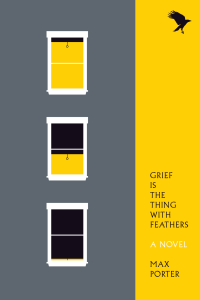The Looking House
- A Barnes & Noble Review "Best Book of 2009"
house that floats
on a muddy river in spring-time flood,
house like a human head on the surface,
house with a boy’s face, turned up.
—from “House on Water, House in Air”
In The Looking House—Fred Marchant’s new collection of poems—the poet lays out a map of human suffering, from wars within the psyche to wars that rage across the contemporary landscape. These intense, innovative lyrics stir and disturb, remaining aware of the way history bears down upon us and makes us responsible for the consequences of our choices. Marchant maps the shelters, the “precarious places” that give us refuge and “teach us everything.” Such a place might be an open window at midnight in childhood, or the broken sill of a deserted hut on the coast of Donegal. In these poems a “looking house” can just as easily be a locked ward, a barracks, a movie theater at midday, or that room in Rome where Keats lay dying. These poems may show us a broken world, but they also offer glimpses of survival and renewal, of trust and reconnection.
Praise
- “Marchant, Vietnam veteran, former conscientious objector, keen reader of the classics, knows how to harness the psyche's uneasy map for times of conflict, nightmare, and war. Better yet, he knows how to sing his map in a way that consoles. His poems offer dense ecosystems of attention, tracing routes towards praise, finding ways ‘to thread/ one soul to the next.’”—Barnes & Noble Review, Best of 2009
- “The Looking House is a measured, elegant and thoughtful collection of lyrics that is always a delight to read. The work is frequently moving and underlined by a hard-earned but modest wisdom. . . . Like Stafford’s Down in My Heart, The Looking House is an important work of literary witness.”—The Irish Times
- “While Marchant’s poems are certainly places where I watched ‘a wild scattering of loss unfold,’ at the same time they offered insightful reflections, exquisite lyricism, and such beautiful imagery that instead of collapsing under a burden of sadness, I felt inspired at the capacity of words to heal, build, strengthen, and to illuminate.”—Word Riot





